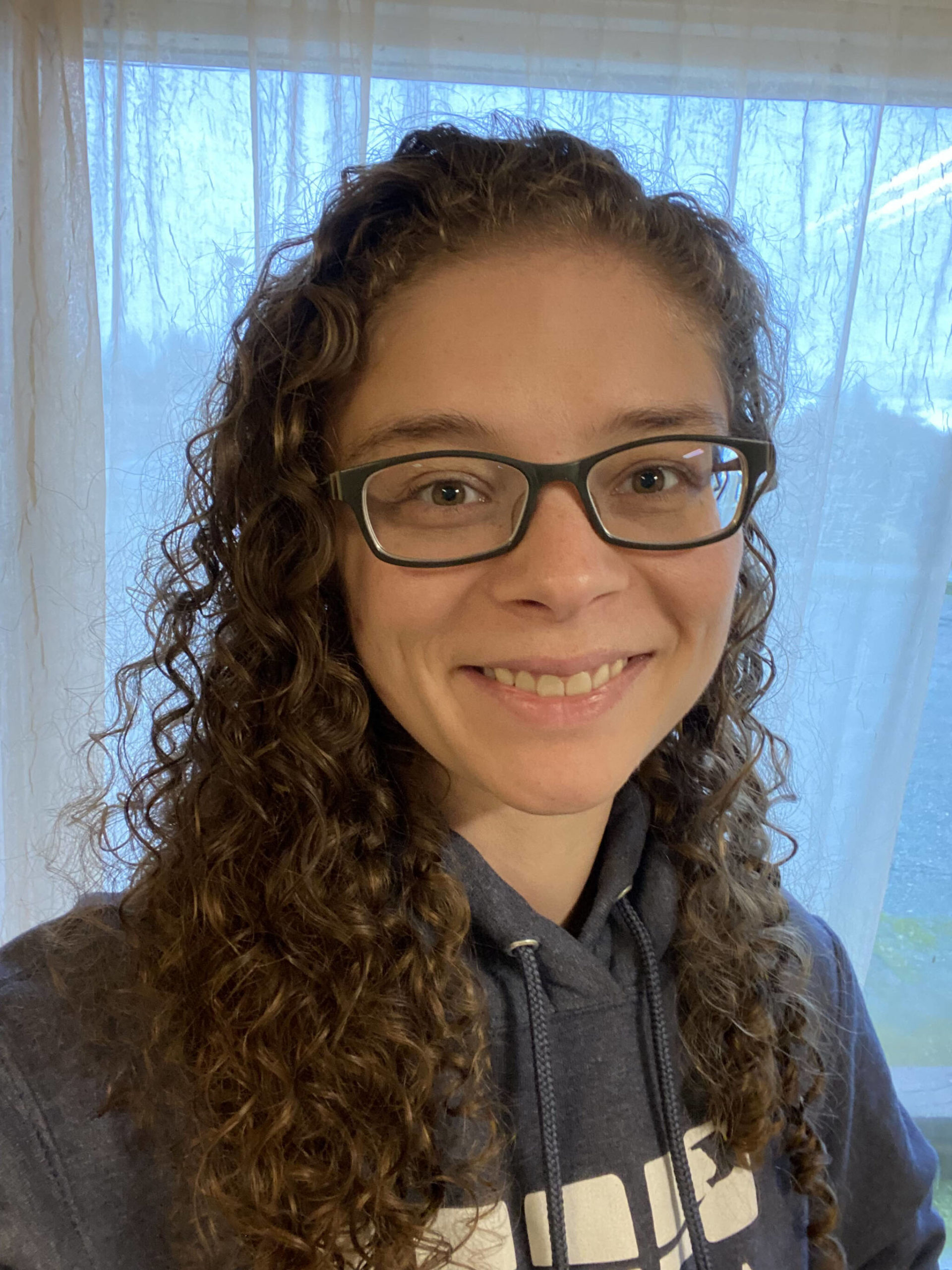October is Domestic Violence Awareness Month, where we set aside space to allow for a greater understanding of domestic violence and how we as a community can create a safer place to live, work and belong.
I want to recognize how difficult this topic is to jump into. To say the very least, it is emotional, but in order to discuss the role violence has in our community, we have to be willing to see our own biases and where we can grow in our understanding. This process can be overwhelming, and I see how much you care by being willing to continue reading.
One of the core concepts we work with in the prevention of domestic violence is coercive control, which can be tricky to define. Coercive control is a pattern of behavior within a relationship, which over time leads to an imbalance of power and is maintained through an atmosphere of fear. A key component here is, over time, and before any abusive tactics emerge, a foundation of love and trust are built. It is through love and trust that concerning behavior are explained away, until the larger patterns of abuse become harder to see clearly.
When friends and family disclose elements of coercive control to us, we too may have difficulty understanding the situation. It is only reasonable for us to want to find solutions for loved ones who are hurting. “Why don’t you leave?” is a natural question, and has the potential to hear out the larger pattern of abuse. But, if we are not careful, it can lead to victim blaming, when our own discomfort or burnout prevents us from empathizing and listening without judgment.
The greatest act of resistance to domestic violence is increasing our awareness about emotional wellness and how we can support each other in times of crisis. MAPP defines emotional wellness, as the ability to cope effectively with life and create personal enrichment through one’s work and relationships. As friends and family members that care about our loved ones impacted by domestic violence, what steps can you take to increase your own emotional wellness, and what role can we play in helping each other achieve emotional wellness? Ending violence requires an intentional effort by all of us to see where coercive control exists. We break down barriers for victims together.
Our crisis line is available 24/7 at 235-8943. For resources and how to approach this discussion contact Primary Prevention Coordinator, Sarah Borgen at sarah@havenhousealaska.org.


